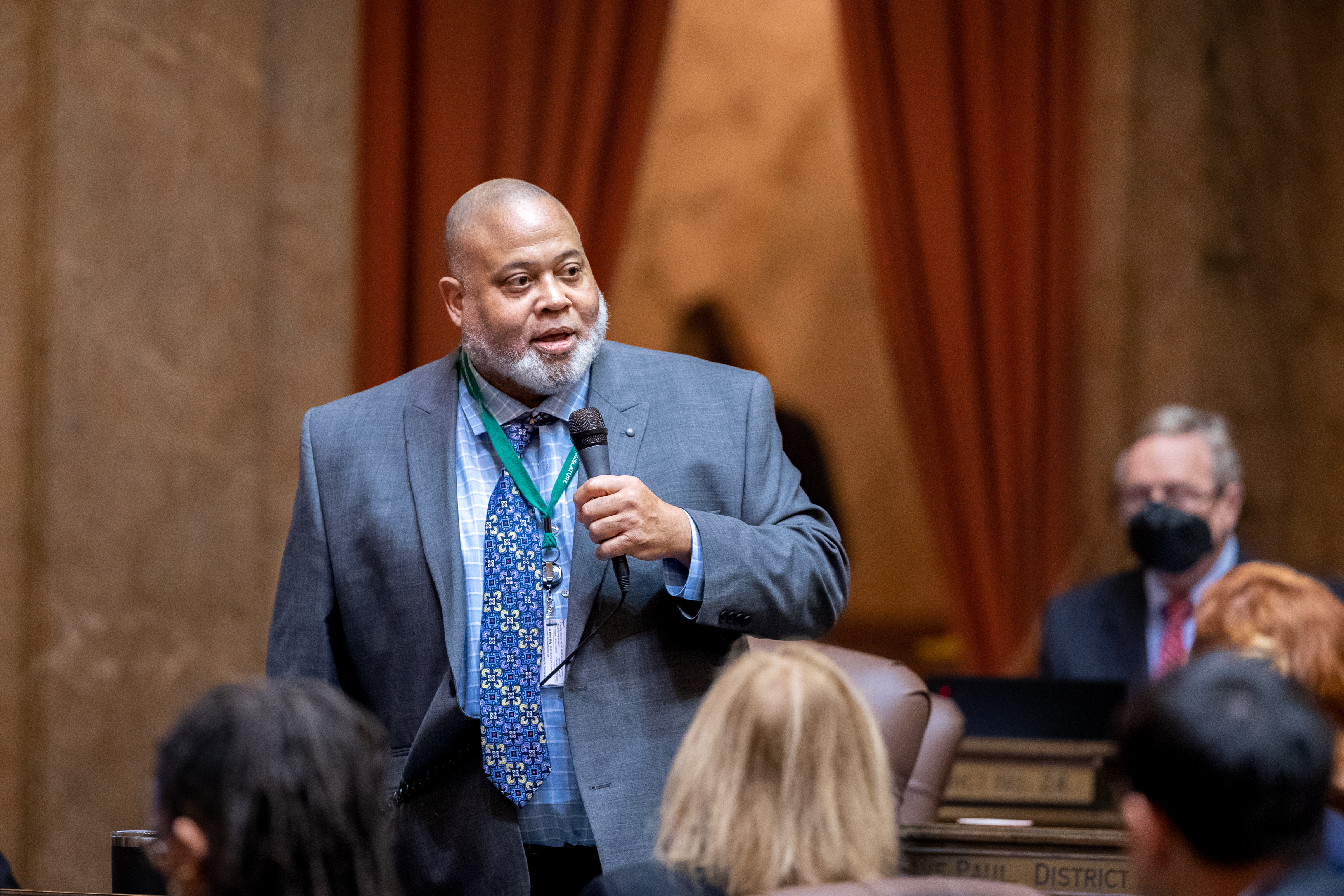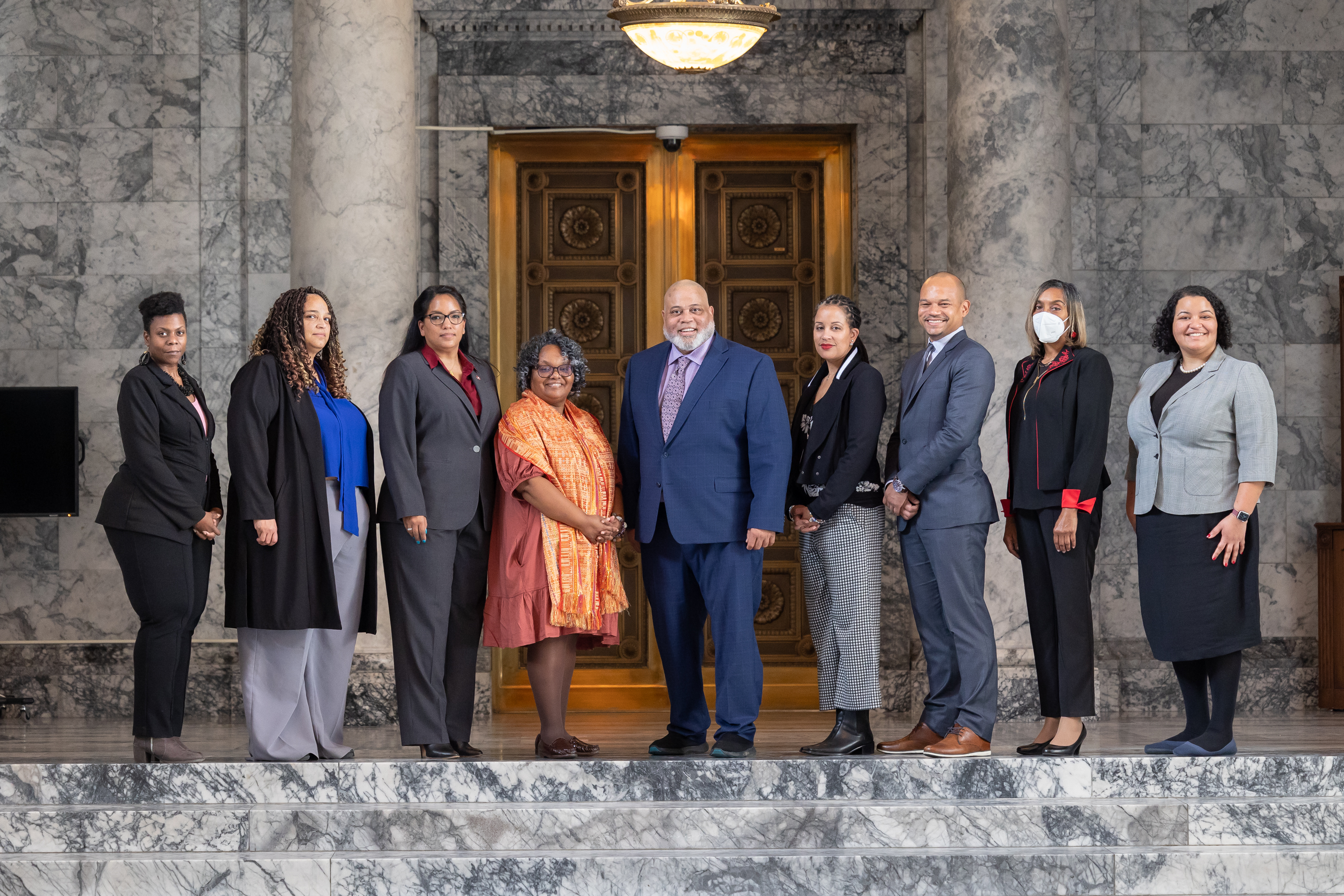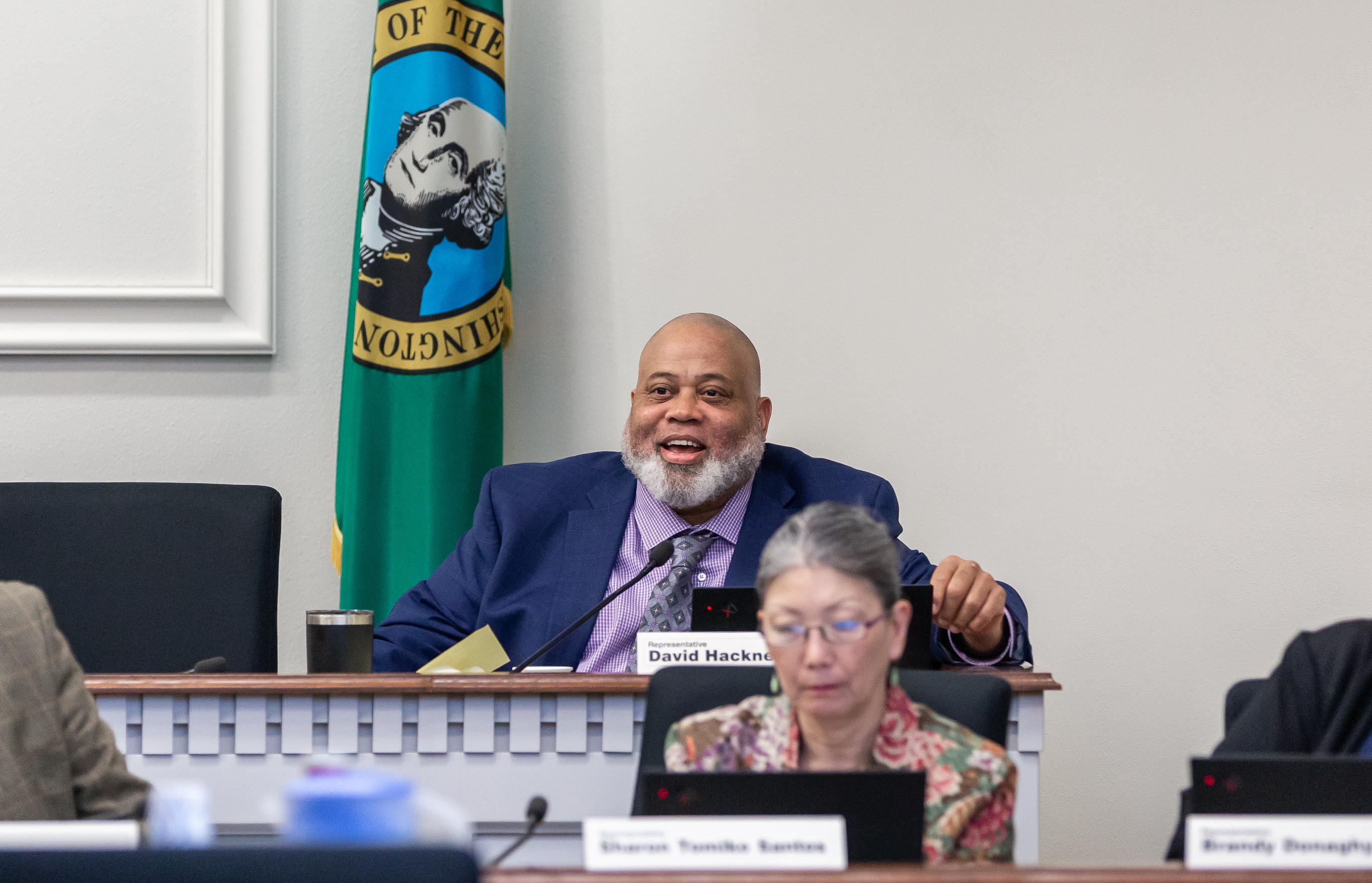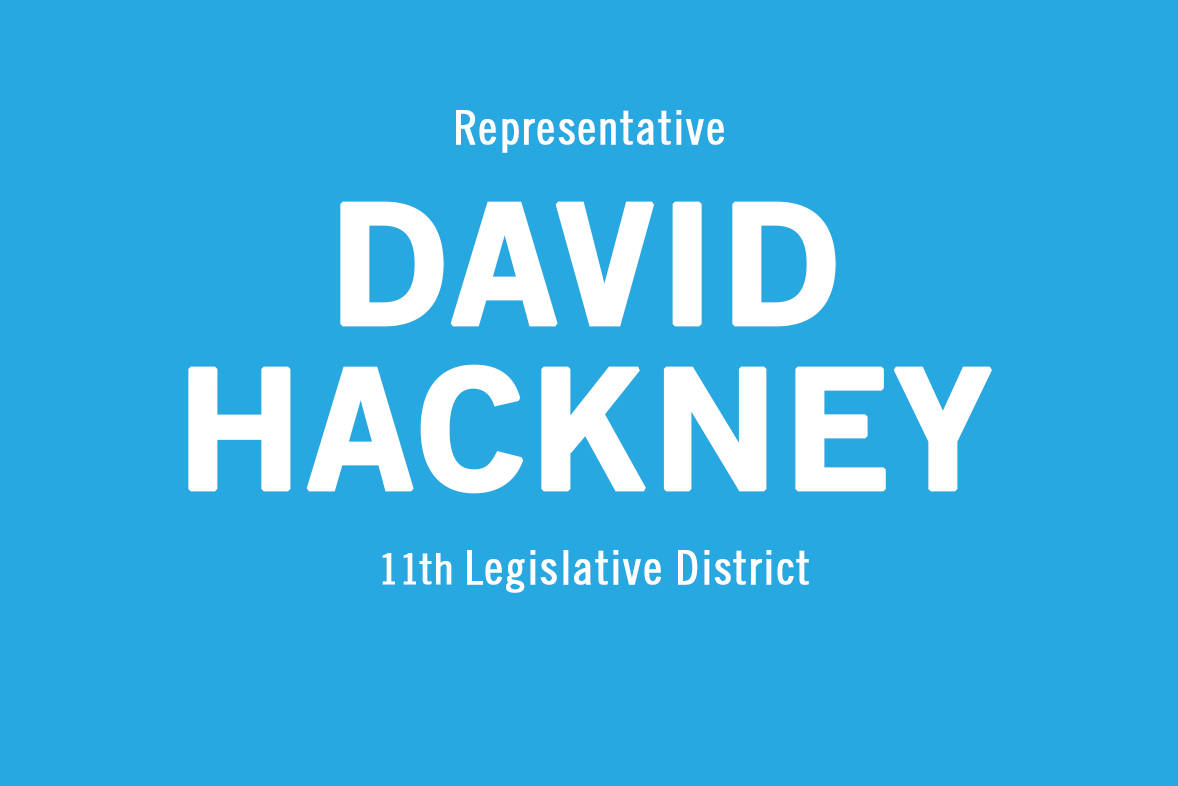Dear Friends and Neighbors,
Tuesday at 5:00 p.m. marked a major deadline in our 60-day legislative session – house of origin cutoff, the time by which all non-budget bills must be passed from their house of origin to the other chamber. Since the beginning of the legislative biennium in 2021, over 2,000 bills have been introduced in the House and 1,000 more in the Senate.
There’s never a shortage of work for the Legislature to do, but we also want to make sure that any bills we pass are given the attention and careful consideration they deserve—that’s where legislative cutoffs come into play. Bills that didn’t pass off the House floors by the deadline likely won’t continue advancing through the legislative process this year.
I’m happy to report that a majority of the bills I sponsored this session have successfully made it past cutoff, including:
- HB 1643 – Exempts the real estate excise tax for organizations maintaining affordable housing. The bill passed the House over the weekend on a strong bipartisan vote of 93-4!
- HB 1793 – Allows for electric vehicle charging stations in HOAs and condominiums. The bill passed the House on a bipartisan vote of 67-29, and is now scheduled for a hearing in the Senate Law & Justice Committee this morning.
- HB 1956 – Protects the sensitive information of current and formerly incarcerated individuals from public records requests. The bill passed the House on a vote of 57-38, and is now scheduled for a hearing in the Senate State Government & Elections Committee on Friday.
In addition, the Senate companion to my HB 1774 (SB 5722) passed out of the Senate over the weekend and is scheduled for a hearing in the House Environment & Energy Committee today. The policy requires performance standards for buildings, helping reduce greenhouse gas emissions.
Thanks for taking the time to read this update,

Video Update: My Committees
Earlier this month, I stepped in front of the camera to talk more in depth with you about my work as Vice Chair of the Capital Budget Committee, and as a member of the Public Safety and Transportation Committees. Watch my latest video update to learn more.
Move Ahead Washington, a transportation package for a sustainable future
As a member of the House Transportation Committee, I’m excited to announce that House Democrats have unveiled Move Ahead Washington, our transportation package that creates a sustainable, achievable future for our transportation sector. It delivers historic investments to preserve our roads, reduce carbon emissions, and provide safe, accessible, and affordable options to get around.
House Democrats hosted over 90 listening sessions to hear the top transportation priorities from communities across the state. This proposal addresses the concerns we heard and reflects our focus on meeting the needs of every community in WA.

What our package does differently to serve Washingtonians
Preserving existing infrastructure
Move Ahead Washington invests an unprecedented $3 billion to fix our existing infrastructure. By honoring our responsibility to complete projects we’ve started, we’re also creating good, family-wage construction jobs to make repairs across the state.
Taking bold action to reduce carbon emissions
Our package takes decisive action against climate change by putting $5.4 billion toward electrification and the expansion of affordable, accessible options to get from point A to point B. Our community deserves diverse choices so we can use what works for us—whether walking, rolling, driving, or riding—while reducing our carbon footprint.
Addressing harm caused by past transportation decisions
Move Ahead Washington re-prioritizes disinvested neighborhoods and renews our moral obligation to do better for BIPOC, rural, and low-income communities. We’re funding projects that expand reliable transit service, create bike and pedestrian routes, and increase opportunities for good jobs in the transportation sector. Our package also directs 35% of funds from the Climate Commitment Act into projects serving disinvested neighborhoods and communities often left out of the policymaking process.
Funding our investments
This proposal does not include a gas tax. This is a people-oriented proposal that doesn’t pass costs onto working families. Especially after the economic hardships of the pandemic, it was important that we fund these investments without an immediate gas tax. Instead, we are meeting our state’s needs with a one-time transfer from the state’s general fund, federal dollars from the Infrastructure and Jobs Act, and investments from the Climate Commitment Act.
Find a full list of investments and revenue sources.
Are you disaster ready?
Remember the early days of the pandemic when store shelves were bare of canned food, meat, and toilet paper? Well, you can prepare NOW in order to avoid those stressful situations in the future. If you can complete one task each month this year, you’ll be prepared for when the next disaster strikes.
The Community and Economic Development Committee recently heard from the Emergency Management Division (EMD) about the role we play as legislators in natural disasters. This year we have bills to provide more financial support to communities after a natural disaster and many of us are in conversations about how to take the lessons learned from the pandemic to make our economies more resilient. But one of the biggest roles we have is communicating with you about the resources available and the ways we can all prepare!
The Prepare in a Year Guide provides a quick and easy way to get ready for anything and is available in English, Simplified Chinese (简化字), Korean (한국어), Russian (русский), Spanish (Español), and Vietnamese (tiếng Việt). As EMD shared, we are the fourth-most disaster prone state in the country, so the more we to do prepare now, the better off we will be!





